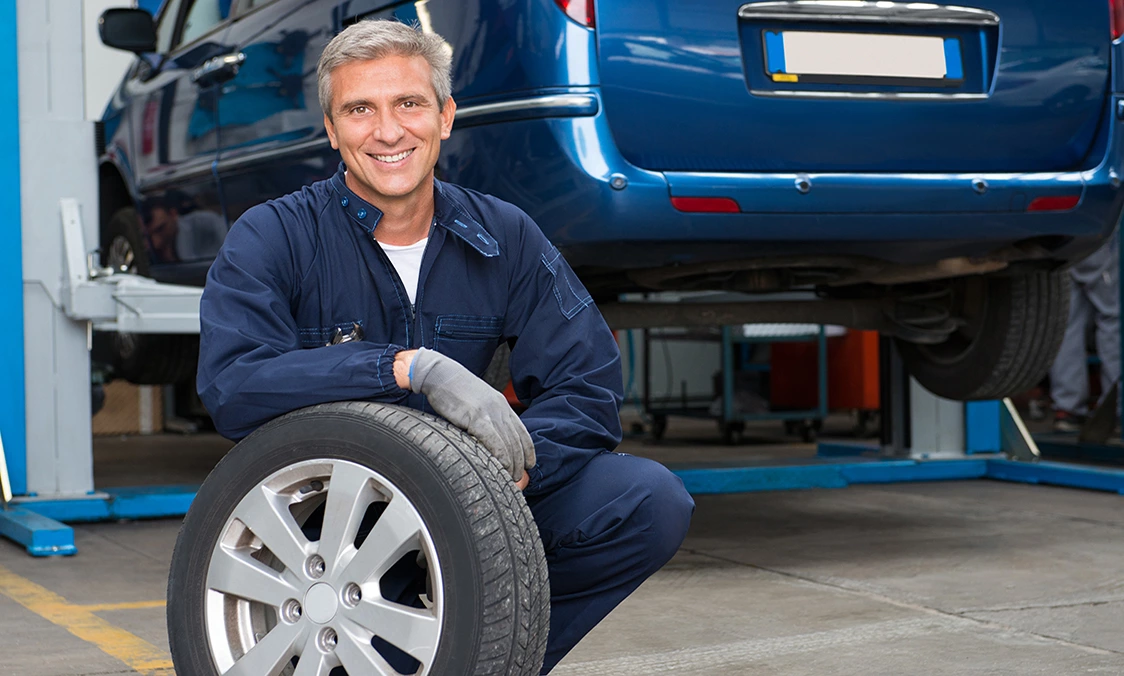Why You Have an O2 Sensor (Oxygen Sensor)
March 21, 2021
If someone asked you what gas made up the largest portion of the atmosphere, what would you guess? Well, it's not oxygen; it only makes up 20.9 percent. But since we're talking about oxygen, you should know that your vehicle uses oxygen sensors to make sure your engine is running the way it should.
The oxygen sensors measure how much oxygen is in your exhaust. If there's too much, it means there's a problem with the mixture of fuel and air. The sensor sends signals to computers in your engine and adjusts the mixture so it maximizes performance and efficiency. It does this constantly.
Many vehicles have multiple oxygen sensors. Some have one close to the engine, another close to the muffler. Two measurements are better than one since they allow readings to be more accurate. You may have a vehicle with a dual exhaust, so you'd have twice as many oxygen sensors.
Your oxygen sensors can fail. One thing that can damage them is contamination from bad fuel. The sensors can simply wear out, though they usually last a long time. It's not unusual for an oxygen sensor to last 100,000 miles/160,000 km. One more thing that can cause an oxygen sensor to fail is residue from an engine that's burning oil. Plus contaminants from the road like salt can also cause problems.
Here are some signs that your oxygen sensors might be failing.
- The Check Engine light goes on. In this case, your service facility can plug in a device that will read the code in your engine's computer to see if that's the problem.
- The engine is running roughly.
- Black, sooty smoke is coming out of your tailpipe.
- Your fuel economy is noticeably lower than it used to be.
Head to your service facility and tell your advisor what symptoms your vehicle is experiencing. They have the equipment and training to track down the issue. Note that simply replacing the oxygen sensor is often not enough since it doesn't get to the root of the problem; other repairs may be needed.
So make sure your oxygen sensors are working the way they should be. Oh, and back to the question of what gas makes up most of the Earth's air? It's nitrogen, which comprises 78 percent of the air we—and our engines—breathe.
Auto Lab Livonia
36251 Five Miles Rd
Livonia, MI 48154
734-432-6000
http://www.autolablivonia.com
Need Service?
More articles from Auto Lab Livonia

Engine Air Filter from Auto Lab Livonia
May 12, 2024
Many Livonia drivers have found themselves in the following situation: They go to get their oil changed and their friendly service advisor at Auto Lab Livonia recommends a new engine air filter. They say yes, but don't know what an air filter is or what it does.If this has happened to you, rest ... More

Smart Livonia Drivers Protect Against Overheating
May 5, 2024
Engines get hot when they run. This heat can build up and damage vital engine parts, so engines need a cooling system to keep them running. Cooling system failure is the most common mechanical failure in vehicles. This is unfortunate, because these failures are usually easy for Livonia drivers t... More

Deep Clean Your Fuel System at Auto Lab Livonia
April 28, 2024
Having trouble with your fuel system? Bring your vehicle into Auto Lab Livonia for a check up.In today's Auto Lab Livonia auto post, we're talking about fuel system cleaning. The first thing to know is how important it is to have a clean fuel system. Livonia residents need fuel to go, and the cle... More










